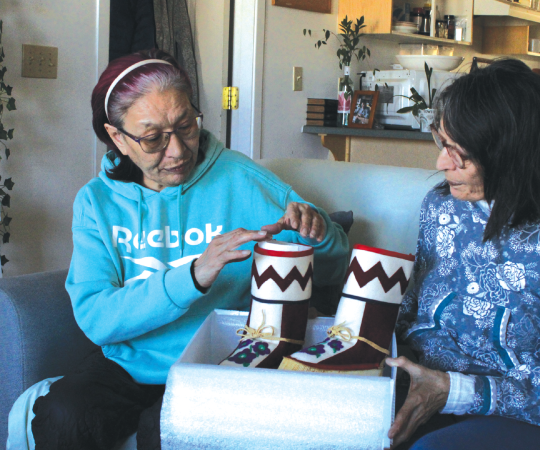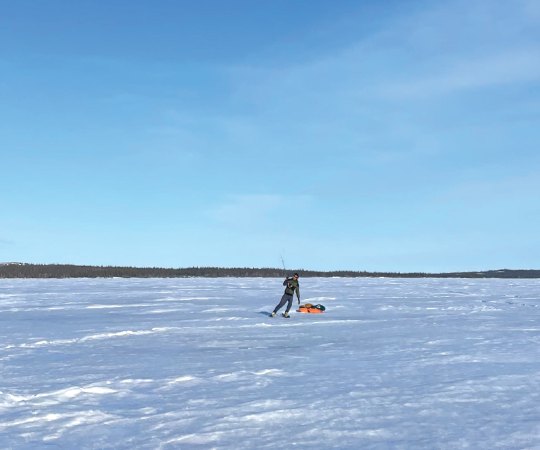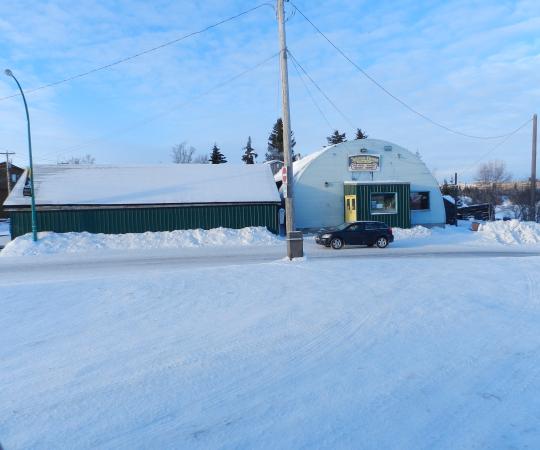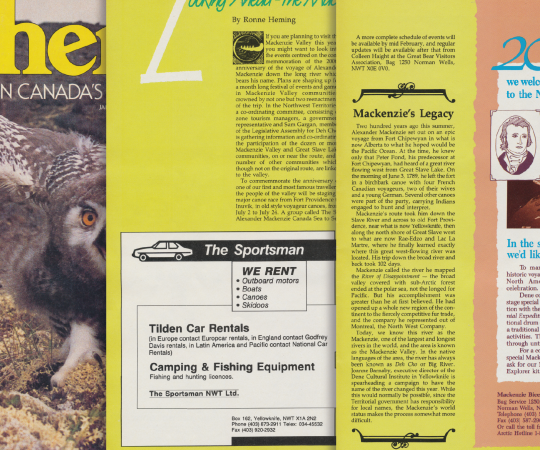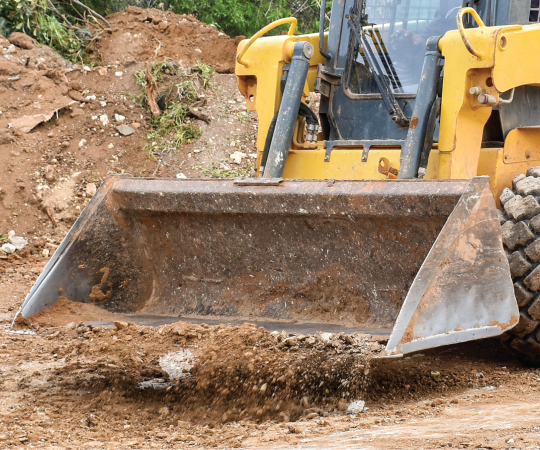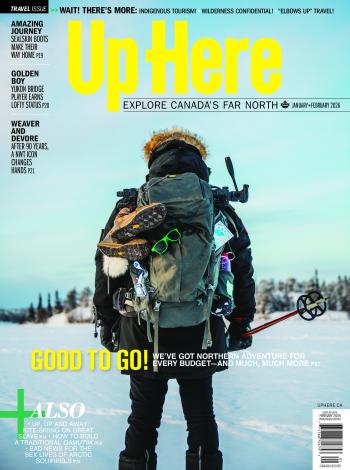Just before six o’clock on a June morning in 2005, Alan Sim edited a Wikipedia page for the first time. Although he’d heard anyone could edit the site, he didn’t think that could be possible. He searched for Cambridge Bay Airport, clicked “edit” and added four letters—CYCB, the international airport code. Over the next two days, Sim made four more edits to the page. Since he worked at the airport as an observer communicator, watching and recording the weather, he felt he was contributing useful information few others could provide. It was also one of the only ways to have fun online in Nunavut at the time. Video-centric sites such as YouTube took ages to load, but Wikipedia’s text-heavy format was manageable for territorial bandwidth. And he was pleasantly surprised to find that a crowdsourced website was both polite and accurate.
Today, Sim has made more than 260,000 edits to Wikipedia under the username CambridgeBayWeather. The 68-year-old is so prolific that he receives fan mail and another editor, wiki user B00P, wrote a poem for him: There are strange things done, when there is no sun, by meteorologists/They use their PCs, while their fingers freeze, making Wikipedia lists.
Born in the U.K., Sim moved to Cambridge Bay in the 1970s when it was still part of the Northwest Territories. Many of his edits are about Canadian and British airports and the two territories he’s officially lived in—everything from adding geographic coordinates for Yellowknife’s Gold Range Bar to editing section headers for the Nunavut Land Claims Agreement page. He dabbles less in the Yukon because he isn’t as familiar with it, but his edits include removing unsourced sections from the Klondike Gold Rush entry.
Sim also spent a couple of years editing Islamic articles for grammar and clarity after realizing many were written by people for whom English was a second language. Jargon is another of his specialties. Just the other day he saw RCMP in an article and linked it to the definition for Royal Canadian Mounted Police. Canadians know what RCMP stands for, but a reader in Germany might not, and Sim is concerned with clarity for everyone.
This dedication has earned him status as one of the 1,000 volunteer administrators who act as the site’s virtual bouncers. “Administrators can block people, they can protect pages, delete pages, things like that,” he says, then pauses. “But not just arbitrarily. Obviously.”
Sim hasn’t let the power go to his head. In a debate about deleting a page, he looks to guidelines rather than gut instinct during the week Wikipedia users have to discuss such moves. Attack pages containing only negative information are easy to determine. Others require conversation. Someone in Cambridge Bay can’t make a page about how the local Northern Store is a great place to shop, for example, but one about the North West Company, which owns the store, is fine because the company is notable.
Sim is less active these days—he has grandkids to spend time with—but still logs in every day. He feels responsible for providing the public with information about the North. It can be tough to tell where other editors are from, but he knows of others in Cambridge Bay and Yellowknife and one in Inuvik. Another is a Toronto scientist who worked in the Arctic and contacted him after admiring his edits; the two met for dinner. He’s also familiar with the work of a California woman who’s so knowledgeable about the Arctic—even establishing the entry on disc numbers, the record-keeping approach the Canadian government imposed on Inuit in the 1940s—that Sim thought she lived there. But northern editors are few.
His main reason for keeping up with his administrative duties, though, is a general sense of accountability when it comes to maintaining equilibrium on Wikipedia. In the 20 years he’s been part of the community, he’s found it shockingly civil for a social site. Though attacks are more common now, it’s still not as toxic as the rest of the internet. He’d like it to stay that way. “Everybody does at least try to make an effort to behave themselves,” he says. “You can’t just call people idiots and swear at them all the time.”


